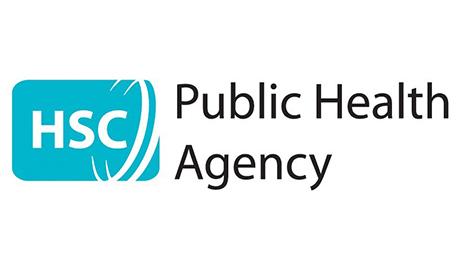Work & Mental Health
Workplace HealthPaid employment forms part of our identity and is an important way in which we contribute to society. Work can provide structure to our day and support for other people.
A fulfilling work life can be an important part of maintaining good mental health, while unhappiness, too much stress at work or unemployment can have an impact on our mental health.
Work-life balance
Over time, work may become increasingly demanding, we may spend less time enjoying other parts of our lives such as relaxing with family and friends or pursuing hobbies and leisure activities.
Work-life balance is the balance between time and energy spent on work compared to that spent on other aspects of life such as leisure, exercising, socialising and relaxing.
A poor work-life balance can affect your physical and mental health. Signs in your personal life of a poor work–life balance may include:
- neglecting other areas of your life;
- feeling depressed, anxious or irritable;
- changes in sleeping or eating patterns;
- fatigue;
- high blood pressure;
- headaches;
- ulcers;
- heart burn;
- inability to concentrate;
- inability to relax;
- loss of interest in sex.
Signs in your work life of a poor work-life balance may include:
- low job satisfaction;
- lateness;
- absenteeism;
- avoiding colleagues;
- low motivation;
- low productivity;
- low efficiency;
- poor decision making.
A poor work-life balance can affect your mental health, but there are a number of ways to tip the work-life balance back to achieve a healthy medium.
Workplace bullying
Workplace bullying may be intimidating, offensive, abusive, insulting or spiteful and is often an abuse of power. Workplace bullying is persistent and an accumulation of incidents over a period of time.
Workplace bullying can happen to anyone, it is rarely based on gender, race, age, religion or sexuality. Workplace bullying can be face-to-face, in writing, over the telephone or fax or by email or text and can take many forms, including:
- overruling or undermining someone’s authority;
- taking the credit for someone else's work;
- setting unachievable targets;
- obstructing a person’s promotion;
- removing responsibility or changing a person’s role;
- withholding work-related information;
- constant unreasonable criticism of a person’s work;
- isolating and excluding the person;
- refusing to acknowledge a person and their achievements;
- physically or verbally abusing someone;
- spreading rumours about someone;
- making fun of or threatening someone in front of others;
- pressuring someone into early retirement or to leave their job.
Being a victim of workplace bullying may cause you to feel upset, threatened, humiliated, or vulnerable, which can impact on your mental health.
If you are being bullied in your workplace you can do something about it. There are informal strategies to deal with the bullying such as talking to a manager or supervisor about the problem, talking to the bully themselves about the problems, or keeping a record of the instances of bullying. If informal measures don’t resolve the bullying then you can make a formal complaint.
Retirement
A person’s career can be an important part of their identity and is an important way in which we contribute to society. Ending your career may make you feel that you have lost a significant part of yourself.
Retirement does not have to be a negative stage of life. It is a time to explore and develop new and resume past interests, spend more time with friends and family and enjoy your new lifestyle.
However for some it may come a bit earlier than expected either due to changes in the workplace or ill health. So for some there is likely to be a mixture of feelings and thoughts as they begin this new journey.
As with any new stages in life it often helps to smooth transition from the old way to the new by planning the way forward but remember it is necessary to prepare both personally and practically.









































